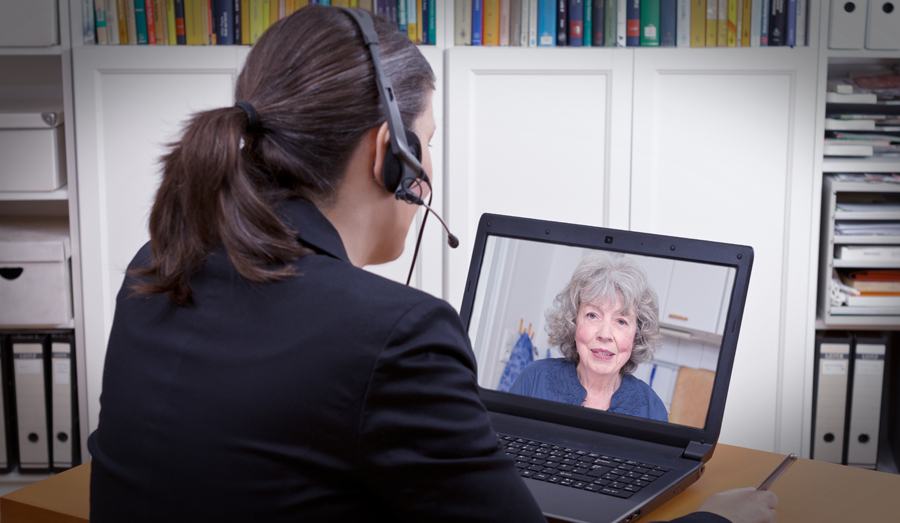New legislation regarding the witnessing of Wills and signing of property transactions
Wills – witnessed via video
Since the 1800’s the Wills Act has stated that the only way to ensure a Will is valid is to physically sign it in front of two independent witnesses. Obviously, this caused issues during the Covid-19 pandemic, especially for those who were trying to self-isolate or shield but who wished to create a new Will or amend an existing one.
As a result, in July the Government announced that it was going to pass new legislation in September 2020 to permit Wills to be witnessed via video link. This legislation is going to be backdated to 31 January 2020, the date of the first registered Covid-19 case in England and Wales, and is expected to last for to two years from when the legislation comes into force until 31 January 2022, (although this duration may be shortened or extended in line with the approach adopted for other Covid-19 legislative measures). The legislation also applies to codicils, documents that formally modify or amend an original Will.
The type of video-conferencing or device used is not important, as long as the person making the Will and their two witnesses each have a clear line of sight of the writing of the signature and the witnesses must see the Will being signed in real-time (e.g. not pre-recorded video).
Whilst this new law will greatly assist people who are shielding or in hospital create new Wills or amend existing ones, there are still obvious concerns that this temporary legislation increases the risks of undue influence or fraud against the person making the Will, leading to disputes later on. That being the case, the Government has advised that video witnessing should be a last resort and that alternative options should be considered first, for example, witnessing with a clear line of sight through a window or open door of a house or a vehicle, from a corridor or adjacent room into a room or in a garden.
The government has issued detailed instructions on the correct procedures for video witnessing Wills or Codicils which our Wills, Trusts and Estate team can advise you on if you are not able to use any of the preferred alternatives.

Property Transactions – electronic signatures
HM Land Registry has announced from 27 July 2020 they will start accepting witnessed electronic signatures on property documents such as transfers of ownership of property, leases and mortgages. This removes the previously strict requirement to print and sign a paper document in a home buying or other property transaction. These electronic signatures enable an individual to sign legal documents, but which still require a witness who is present at the time to also sign the documents electronically.
The process will involve a conveyancer uploading the deed to an online platform which sends a link to the signatories. Once they have completed the necessary authentication checks, they would then ‘sign’ the document electronically in the physical presence of the witness who then also signs. The conveyancer is then notified that the signing process has been concluded and, once they have effected completion of the deed, can submit the completed deed to HM Land Registry with their application for registration.
The move comes shortly after HM Land Registry recently began accepting deeds that have been signed using the ‘Mercury signing approach’, which will remain as another way of completing a deed. The mercury approach means that for land registration purposes, a signature page will need to be signed in pen and witnessed in person (not by a video call). The signature will then need to be captured, with a scanner or a camera, to produce a suitable electronic copy of the signed signature page which is sent to the conveyancer to attach to the final agreed copy of the document and the copy of the signed signature page.
For more information on buying or selling a property please contact our Residential Property team.
Conclusion
Whilst video and electronic signature technology can greatly assist many who are unable to physically be present to deal with legal matters due to the threat of Covid-19, we still need to be aware of the potential misuse of these new methods which may cause issues down the line should someone later dispute the validity of a property document or a Will. As there are complications around witnessing electronic signatures you should take legal advice on your particular circumstances to understand the options and which would be best suited for your particular needs.






